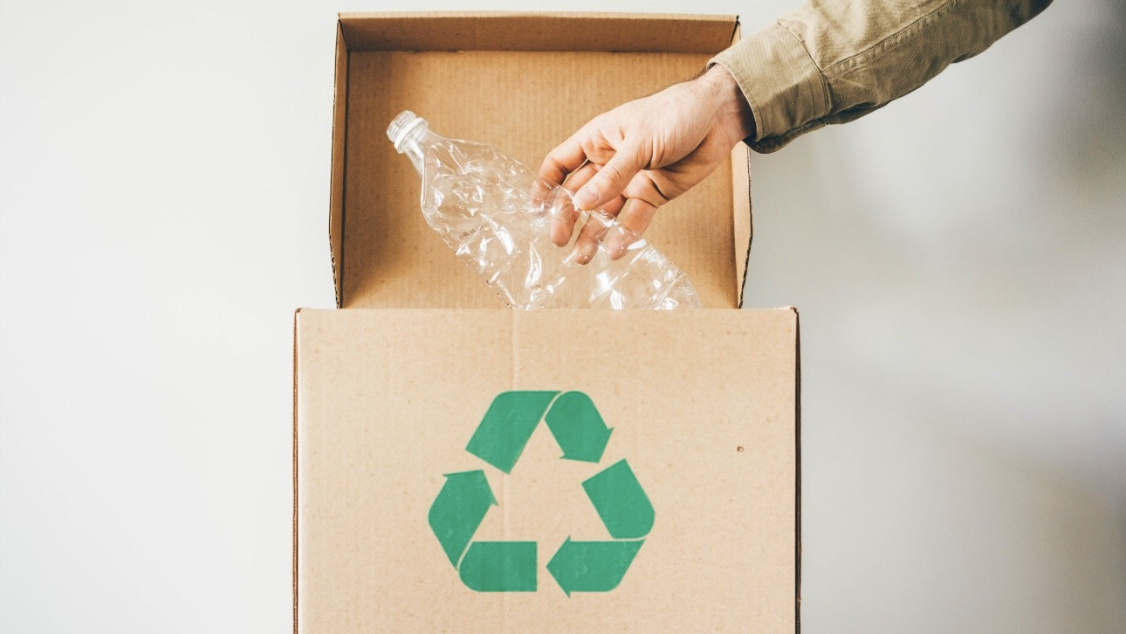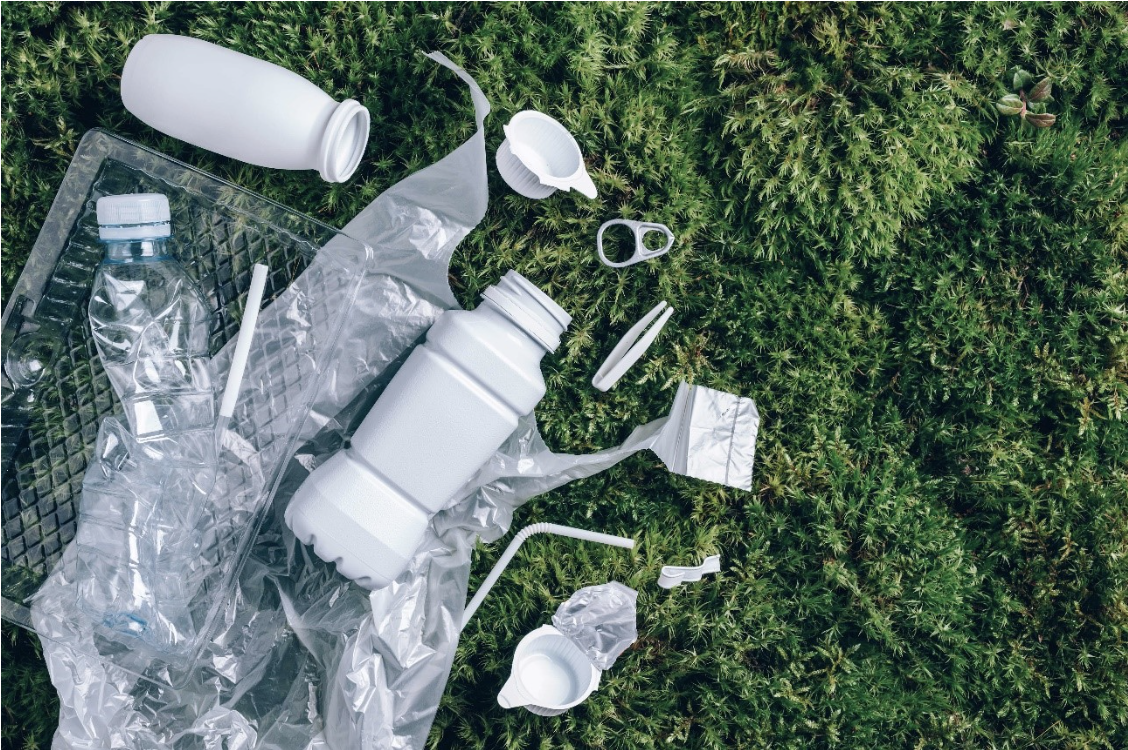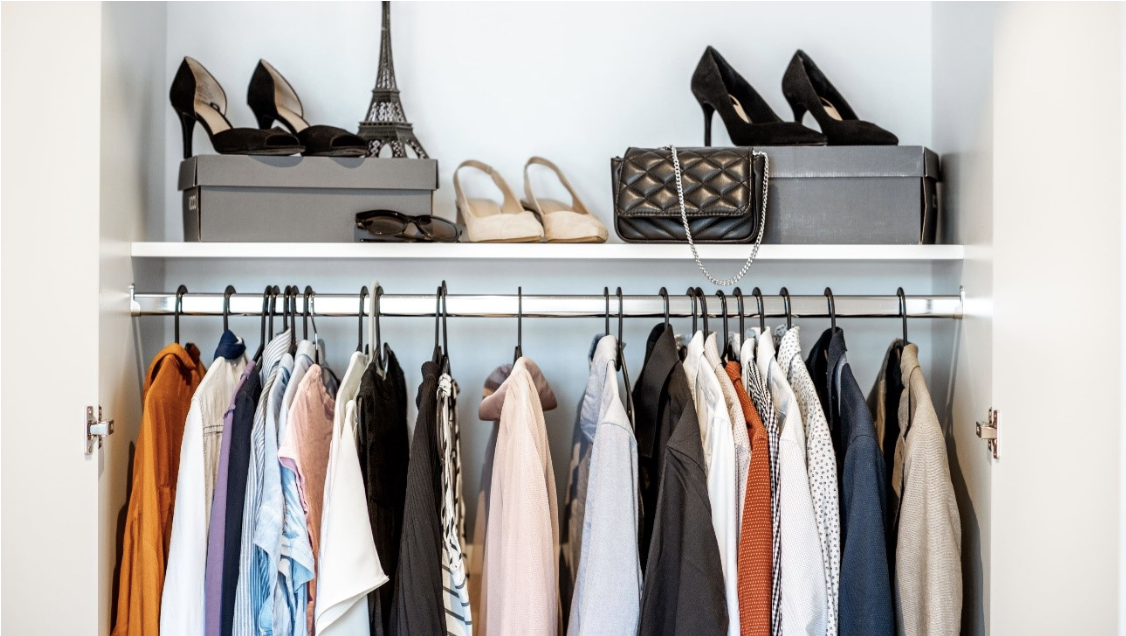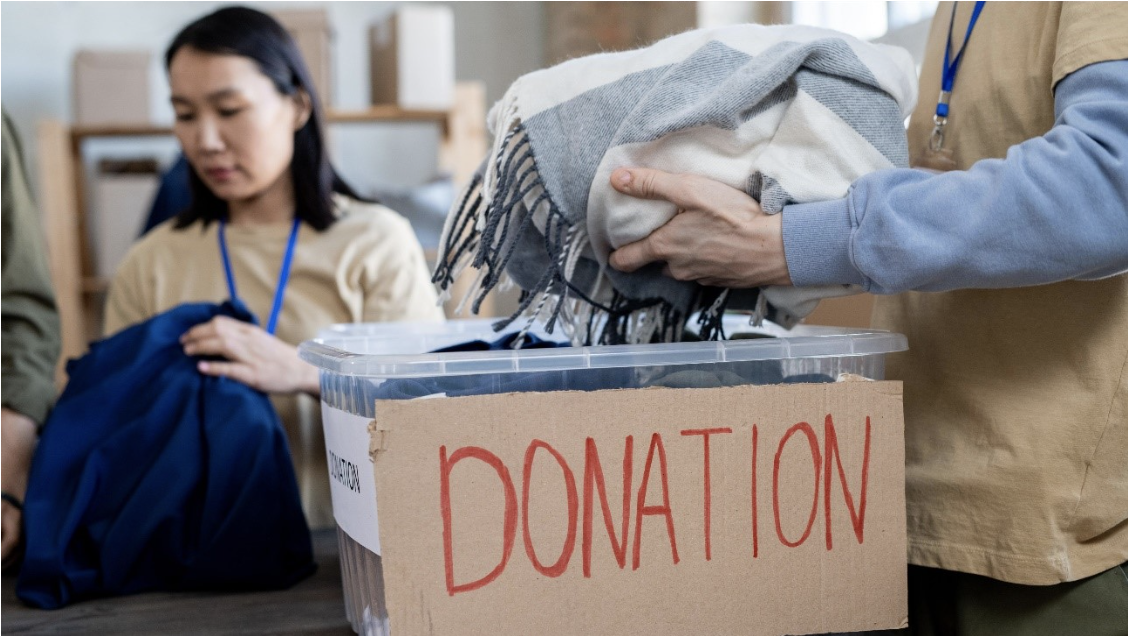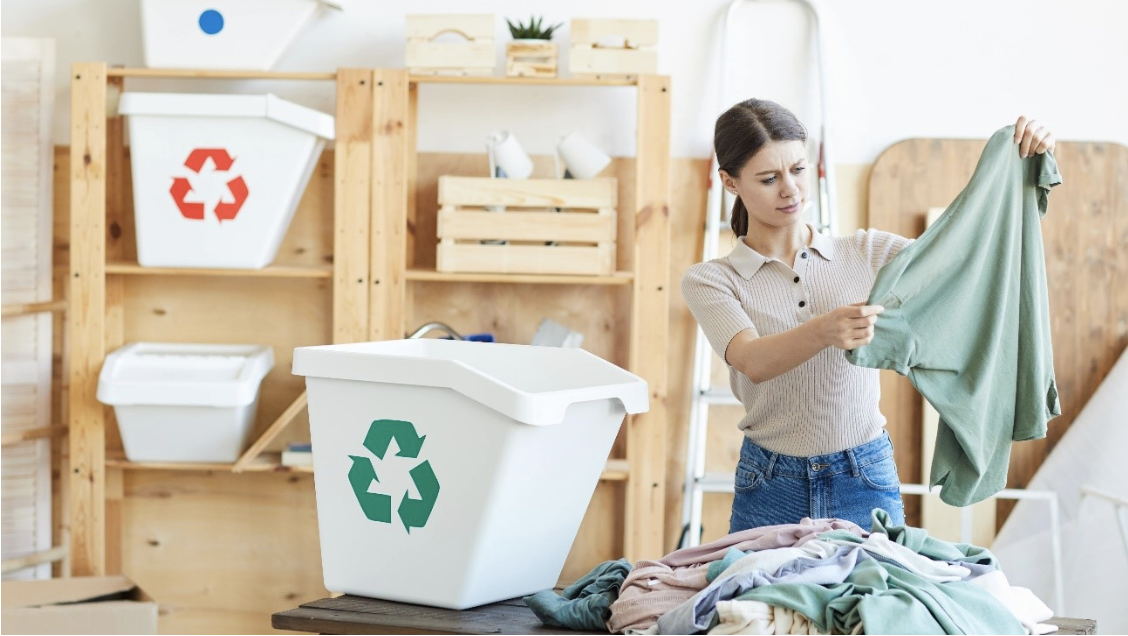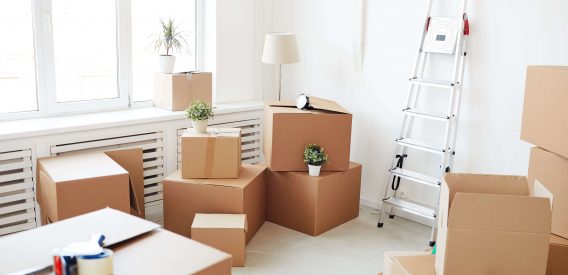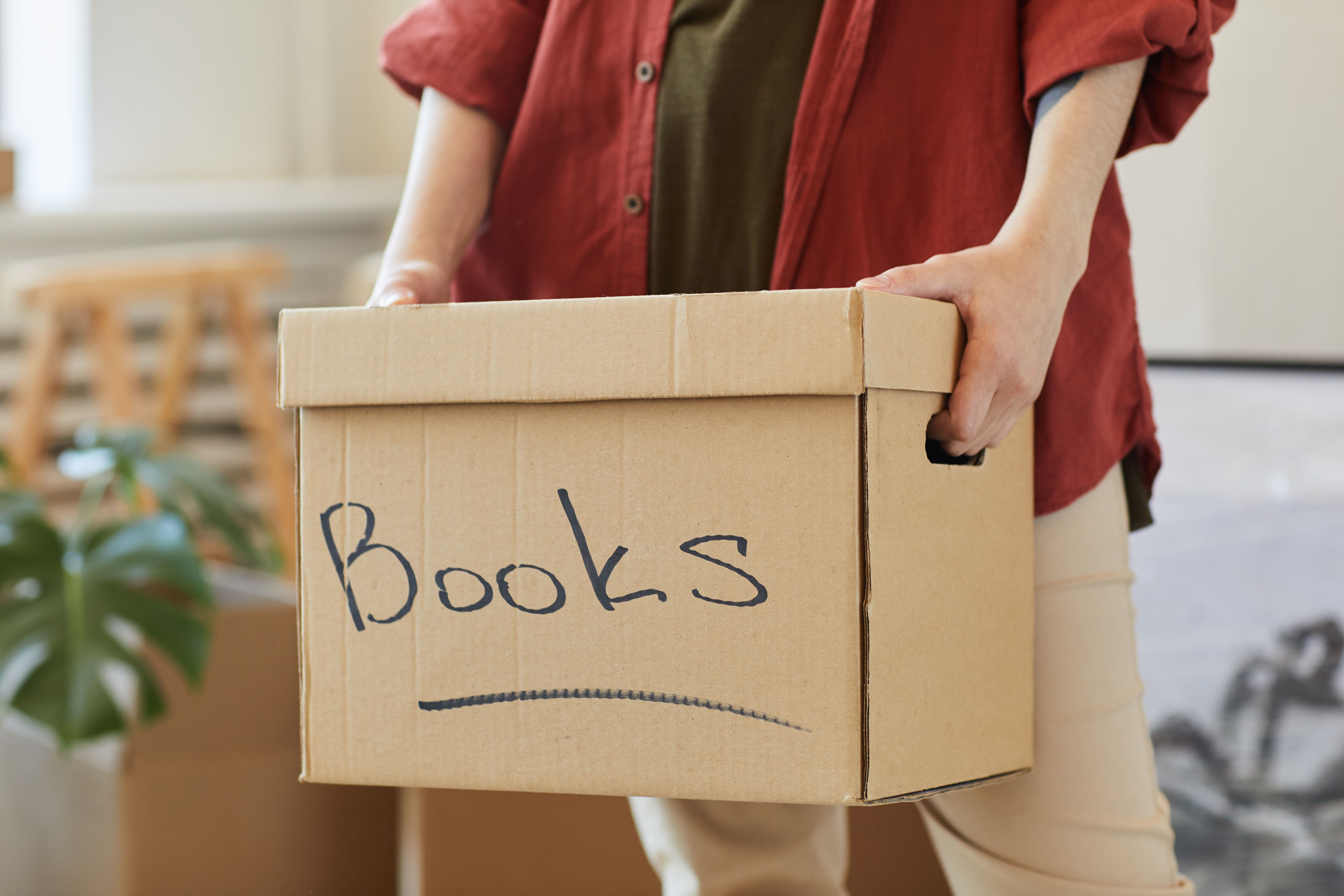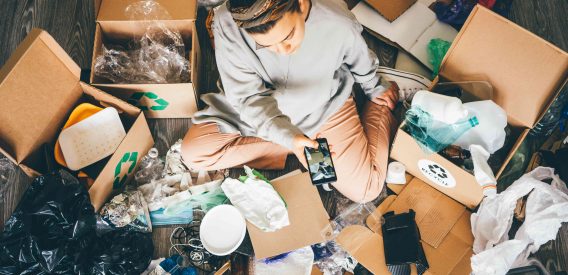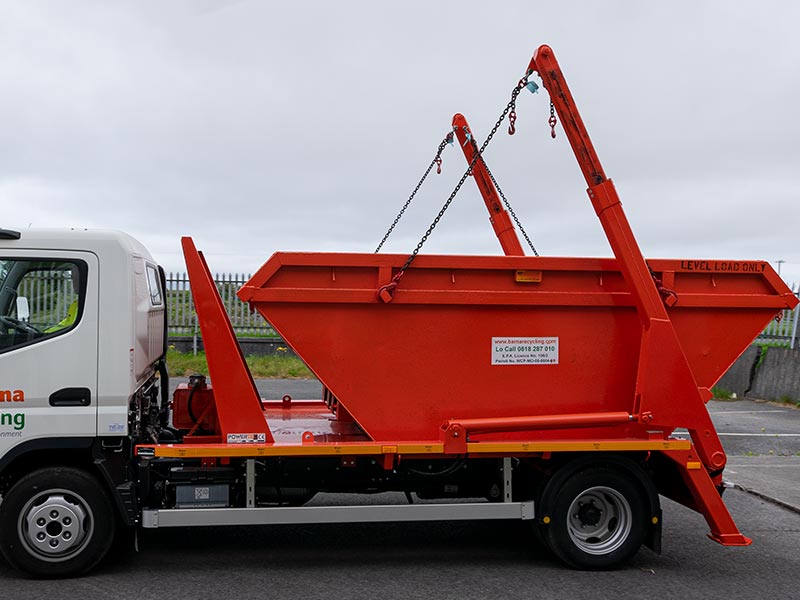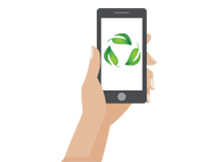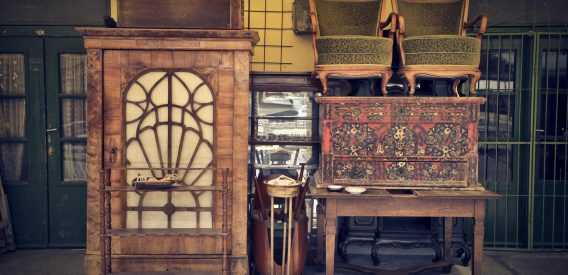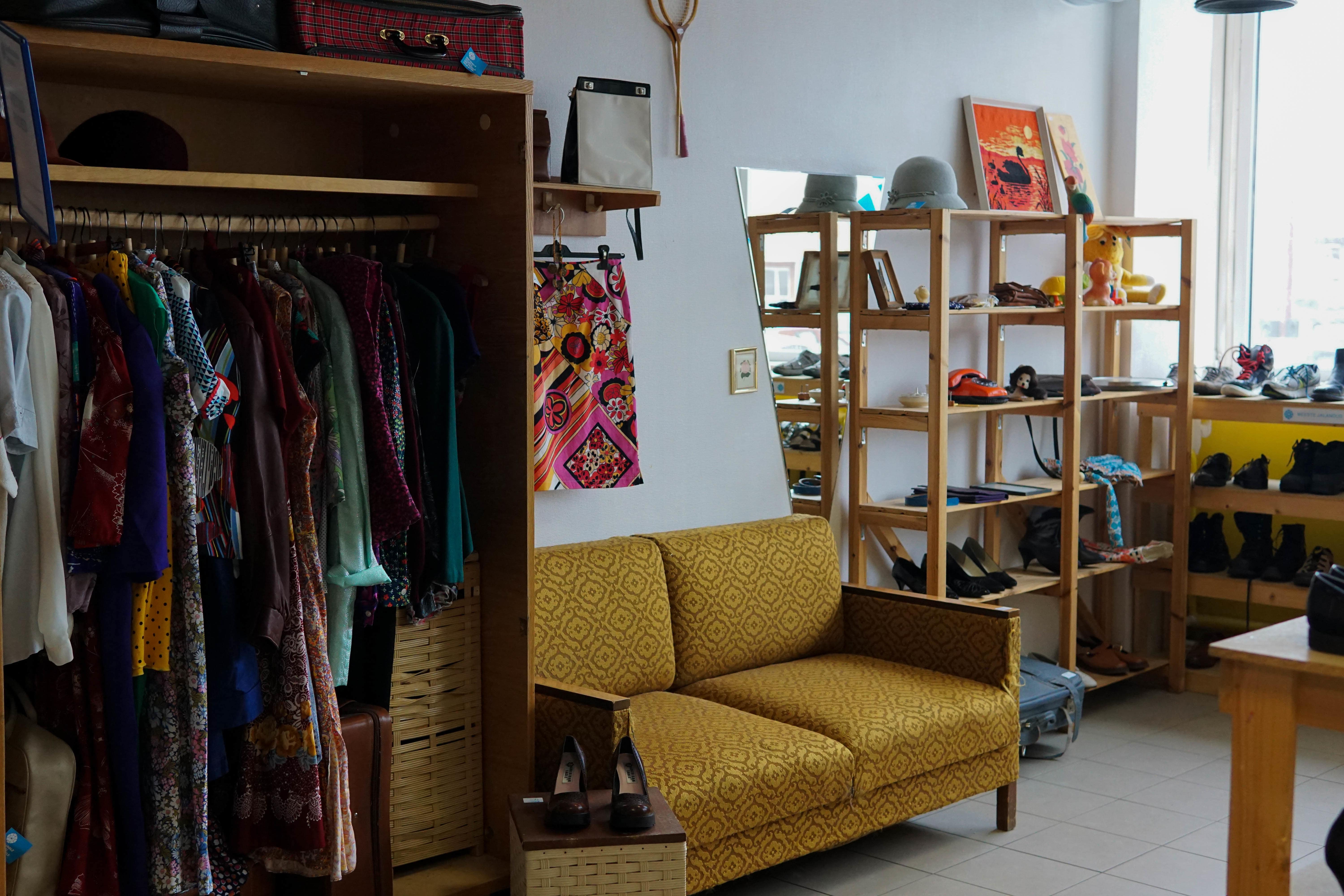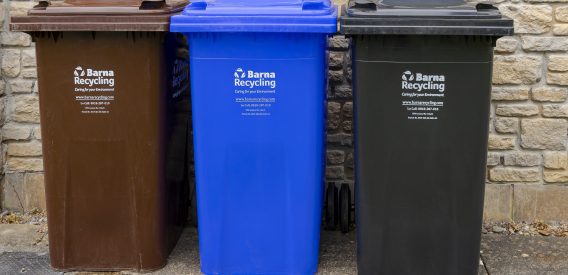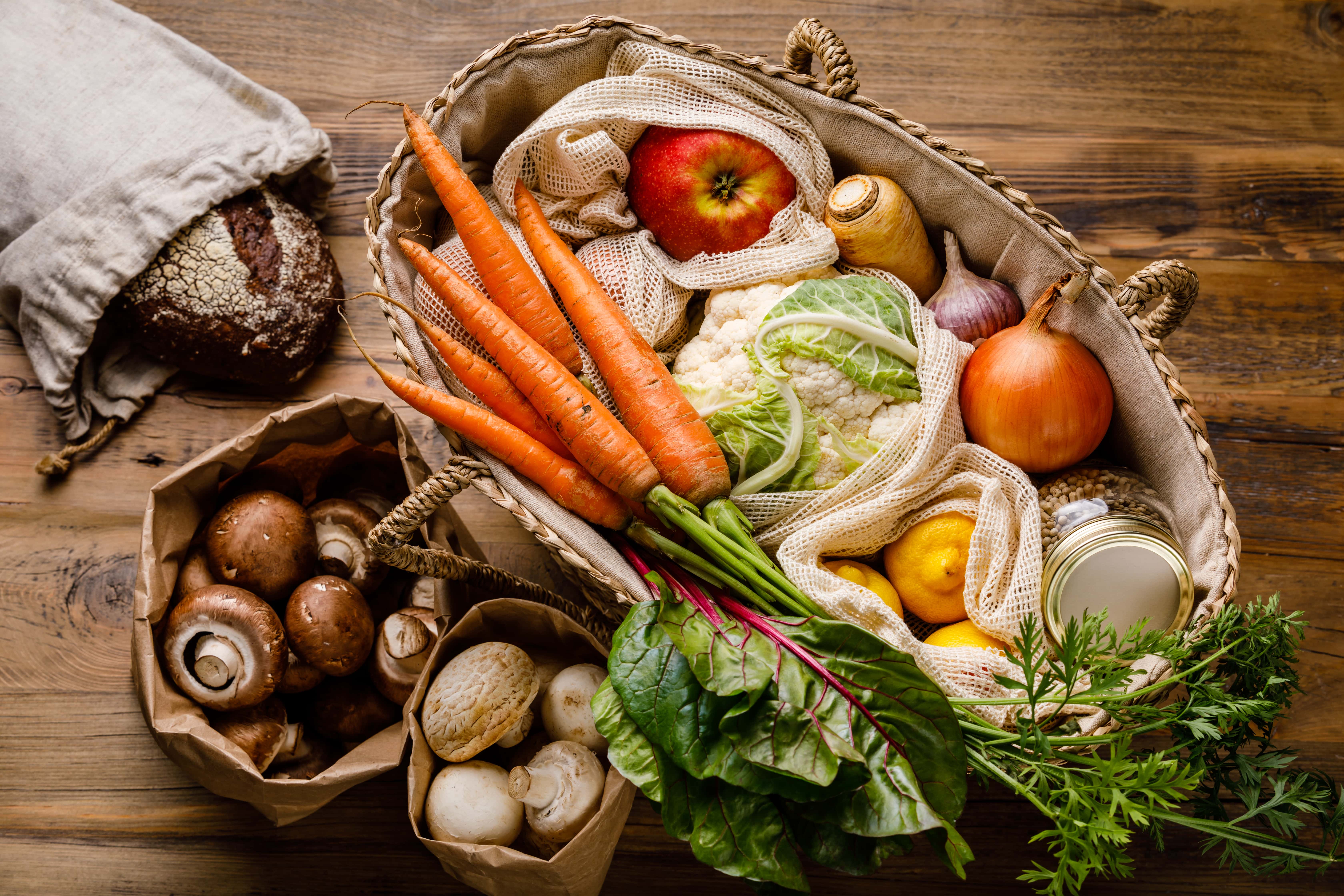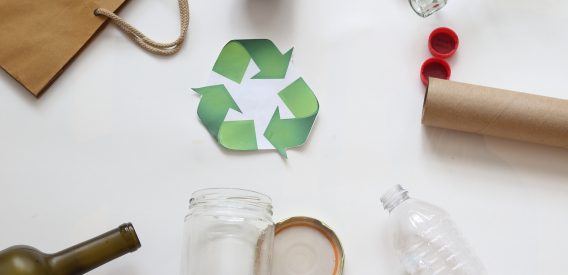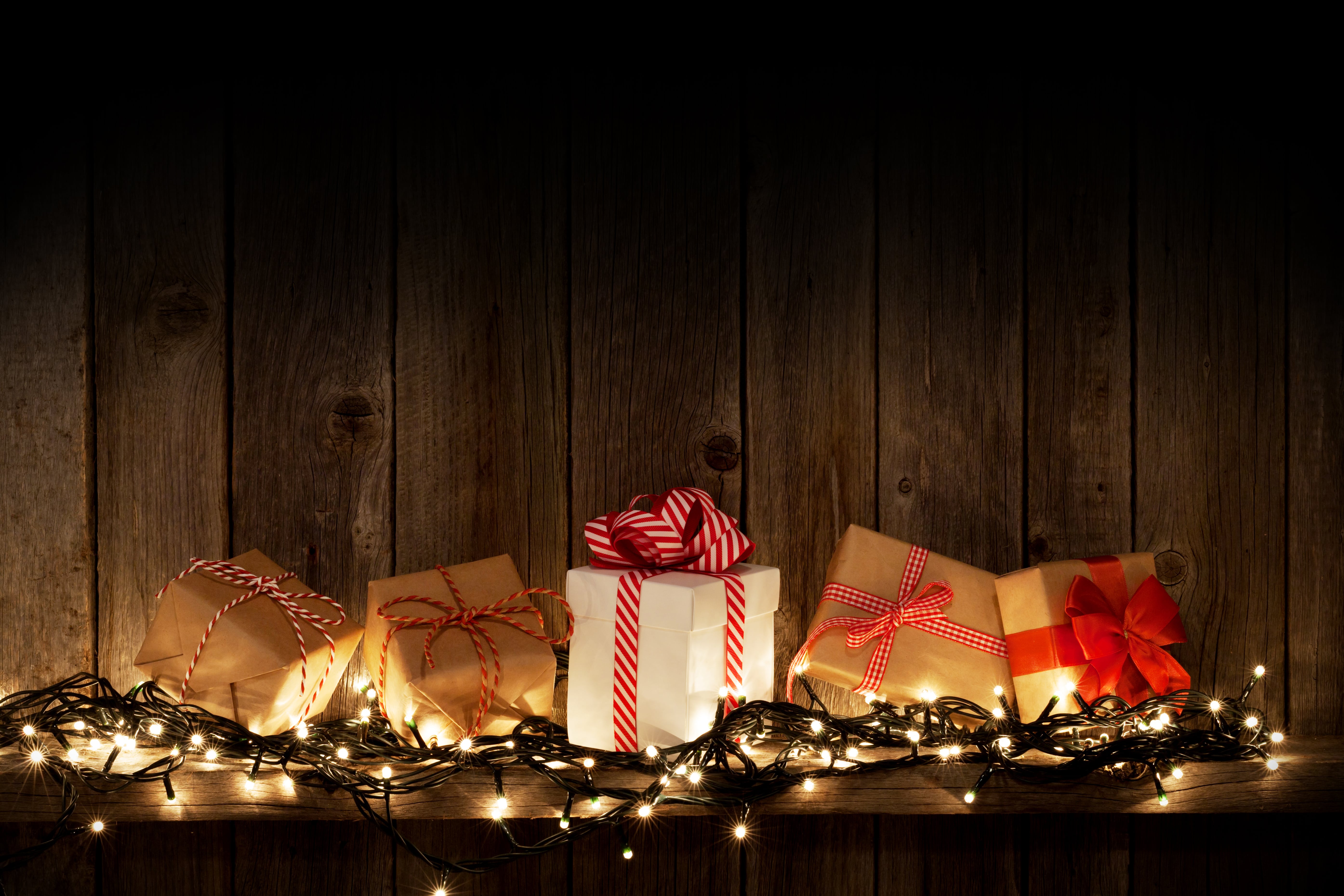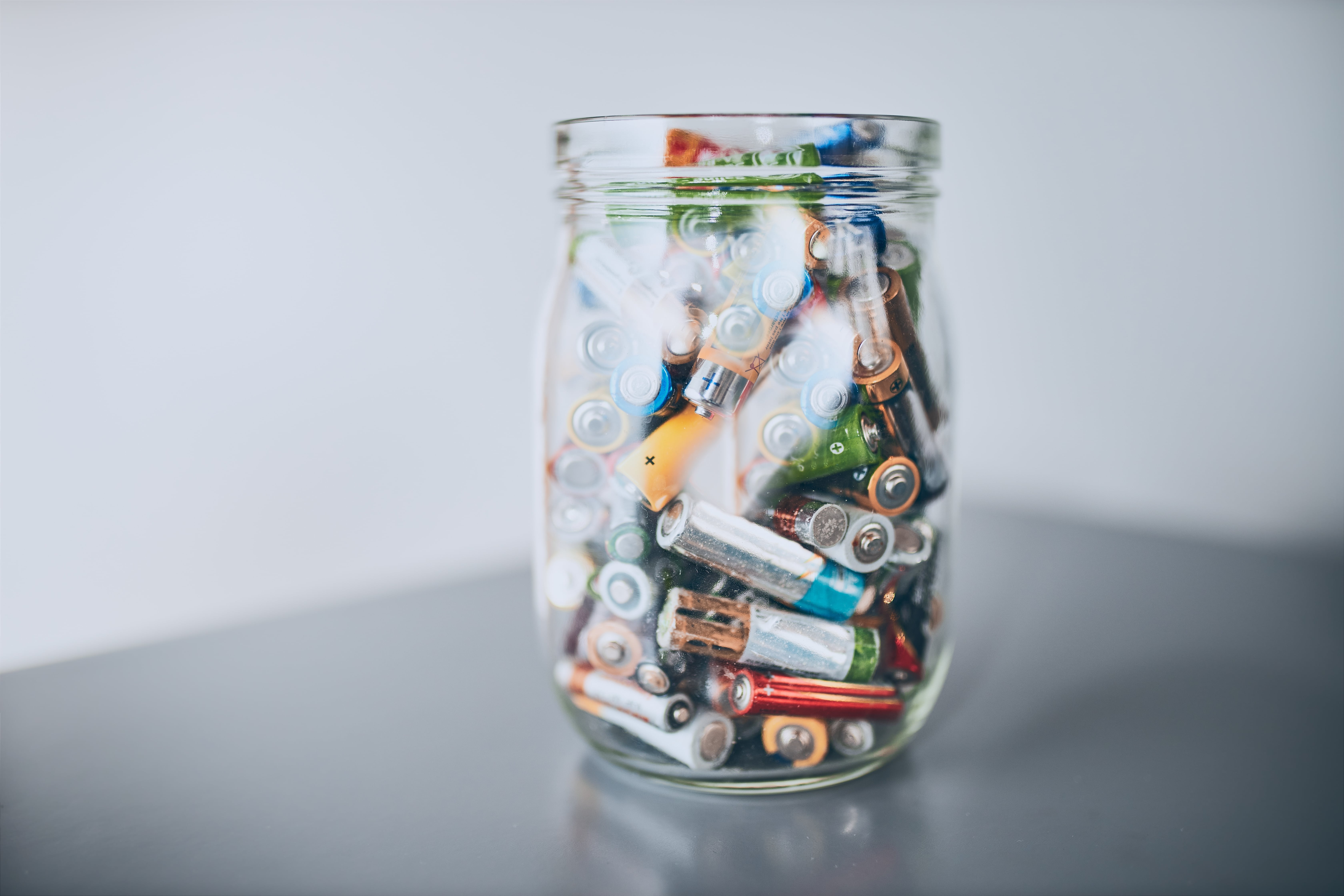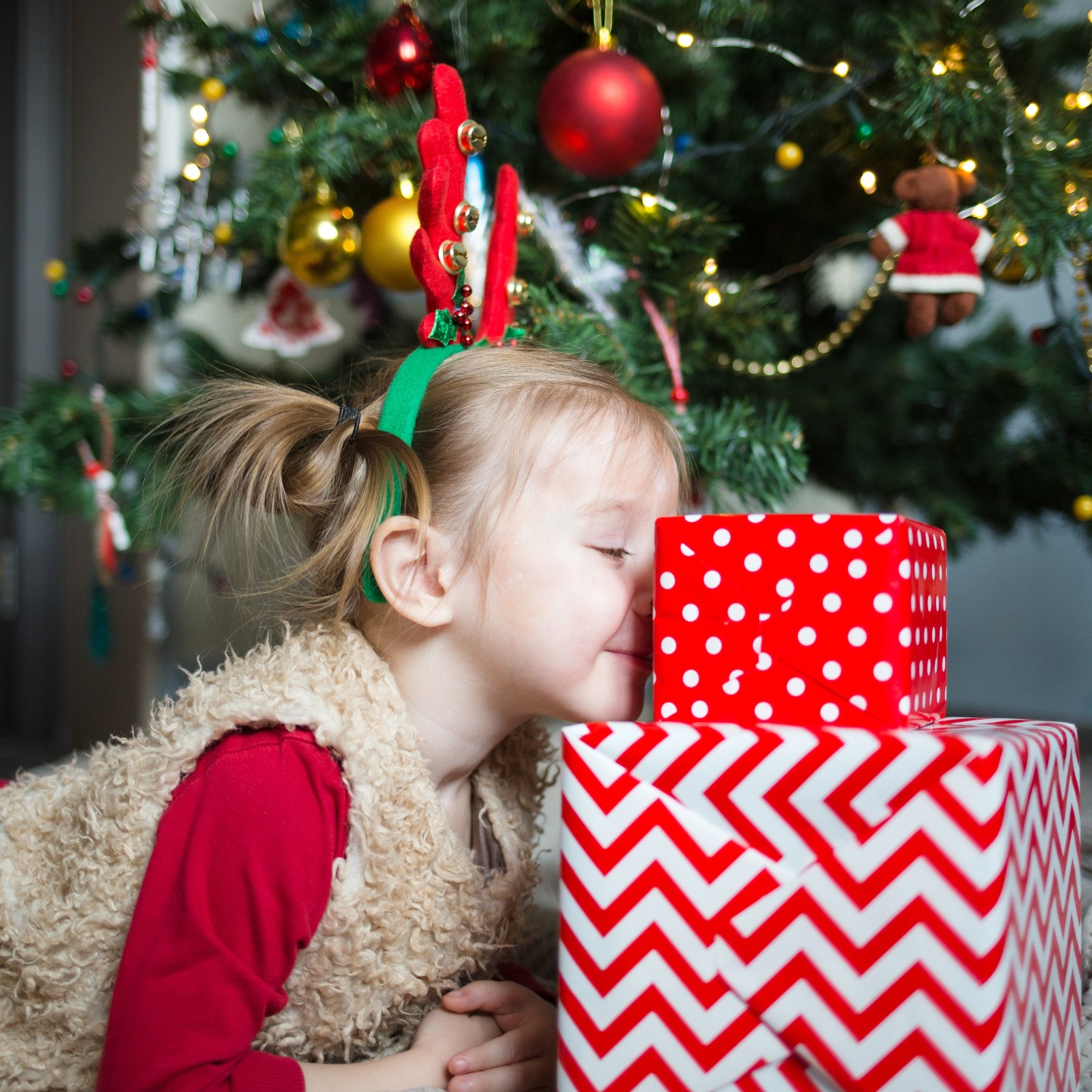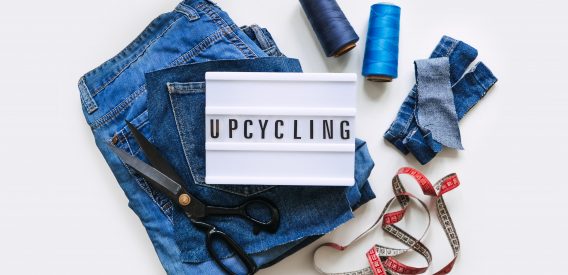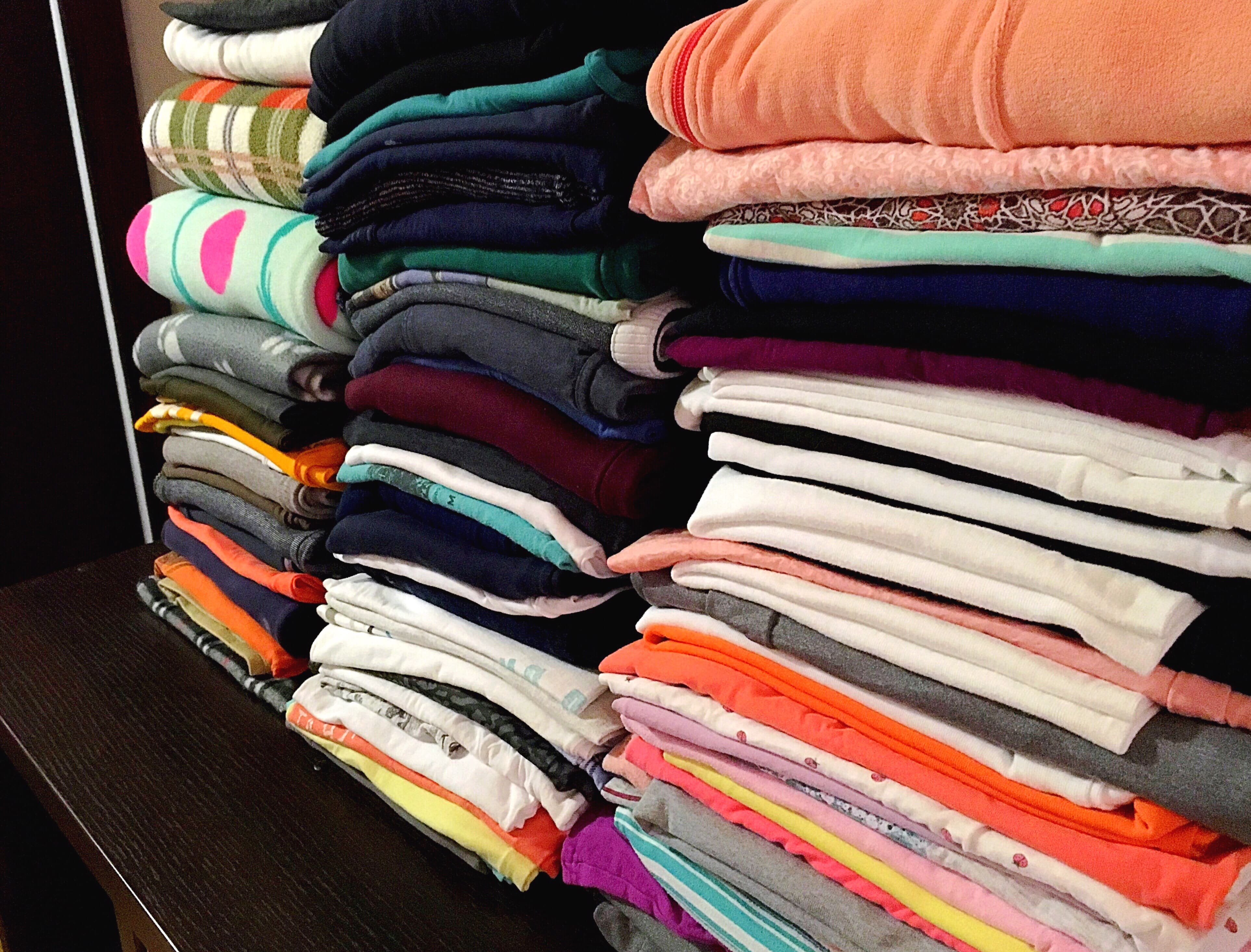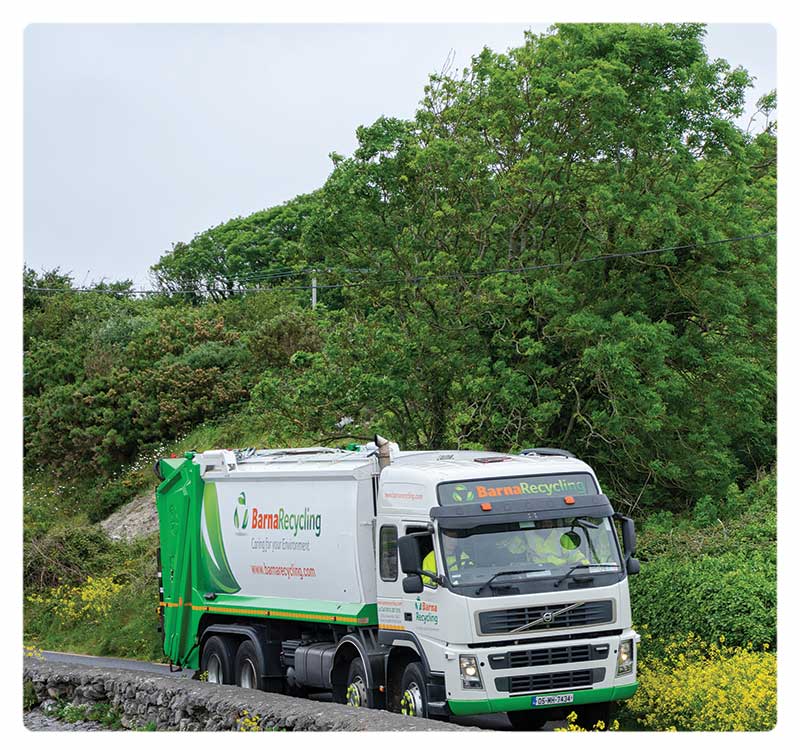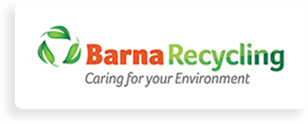- Ims Marketing
- Nov 01, 2022
- plastic waste, Recycling Tips, waste awareness
Soft Plastic Recycling
Wondering what soft plastic is and if it is recyclable? This blog explores all about soft plastic recycling, from its definition to tips on how to dispose of your soft plastic waste. Barna Recycling has invested in technological advancements allowing us to sort, recover and dispose of different plastic materials. Each household increasing their efforts to dispose of plastic is an essential & positive step for managing recycling plastic packaging waste in the country, and that includes soft plastic recycling. It will help put Ireland a huge step forward towards achieving the increased packaging recycling targets set by the EU.
Currently, Ireland recycles less than one-third (28 per cent) of all plastic packaging waste.
Irish Data from 2018 shows that out of the 264,000 tonnes of plastic packaging generated, only 82,000 was recycled. Almost all remaining plastic packaging was often shipped overseas to Europe for incineration or use by energy plants.
What is soft plastic?
Soft plastic is any type of plastic that you can scrunch in your hand. Good types of soft plastic are shrunken wraps, plastic carrier bags, toilet roll wrappers, plastic bread bags, zip lock bags, and bubble wrap.
Soft Plastic Recycling: defining if the plastic is recyclable
A good indicator if plastic is soft and recyclable is to pull on the plastic to see if it stretches. This means the plastic is not laminated and can be recycled.
If the plastic doesn’t stretch, this means it’s laminated or coated and, therefore, probably not recyclable. These types of plastic are removed during our sorting process for rigid and soft plastic recycling and sent to waste to energy recovery. Examples of non-soft plastics are foil-based packaging, neither netting, polystyrene and foam.
Rigid plastics, such as plastic bottles and food trays, are accepted in the recycling bin. Going forward, households can place all plastic packaging waste, including soft plastic, into the recycling bin if they’re clean, dry and loose.
Remember to place your recycling materials loose, clean, and dry into your bin. Please do not place your recycling items in a plastic bag.
You can always check What Goes in My Blue Bin if you are unsure of items that can be recycled.
Barna’s Soft Plastic Recycling Process and Tips
- Once your plastic waste is placed in the household recycling bin, our collection crew then collect your recycling bins on the designated day and deliver the waste materials to our EPA-licensed recycling facility.
- Once your waste materials are delivered to our facility, the recycled items are then sorted for processing on our picking line.
- Here, the recycled waste is separated into six different categories such as paper, cardboard or hard plastics, glass, aluminium & steel cans.
- As a result of new technology and investment, soft plastics can now be segregated in this same way with the use of advanced optical sorting equipment, which facilitates the soft plastic recycling process.
- Plastics have a high energy content that can be converted to electricity, synthetic gas, fuels, and recycled feedstocks for new plastics.
- The recyclable plastic & cardboard waste is baled & shipped abroad to be sold and recycled in European and other markets or used by manufacturers or energy plants.
Interesting Facts about Plastic
- Plastic makes up 90% of the rubbish in our oceans
- Plastic production uses 8% of the world’s oil production
- Every ton of plastic that is recycled saves 30 barrels of crude oil
- A plastic bag takes 500 years to break down in a landfill
- Recycling 1 plastic bottle saves the same amount of energy needed to power a 60-Watt light bulb for 6 hours
Items that can be made from recycled plastic bottles include:
- Fleece
- Sleeping Bags
- Backpacks
- Dog Beds
- 25 large plastic soft drink bottles will make 1 Fleece Jacket


